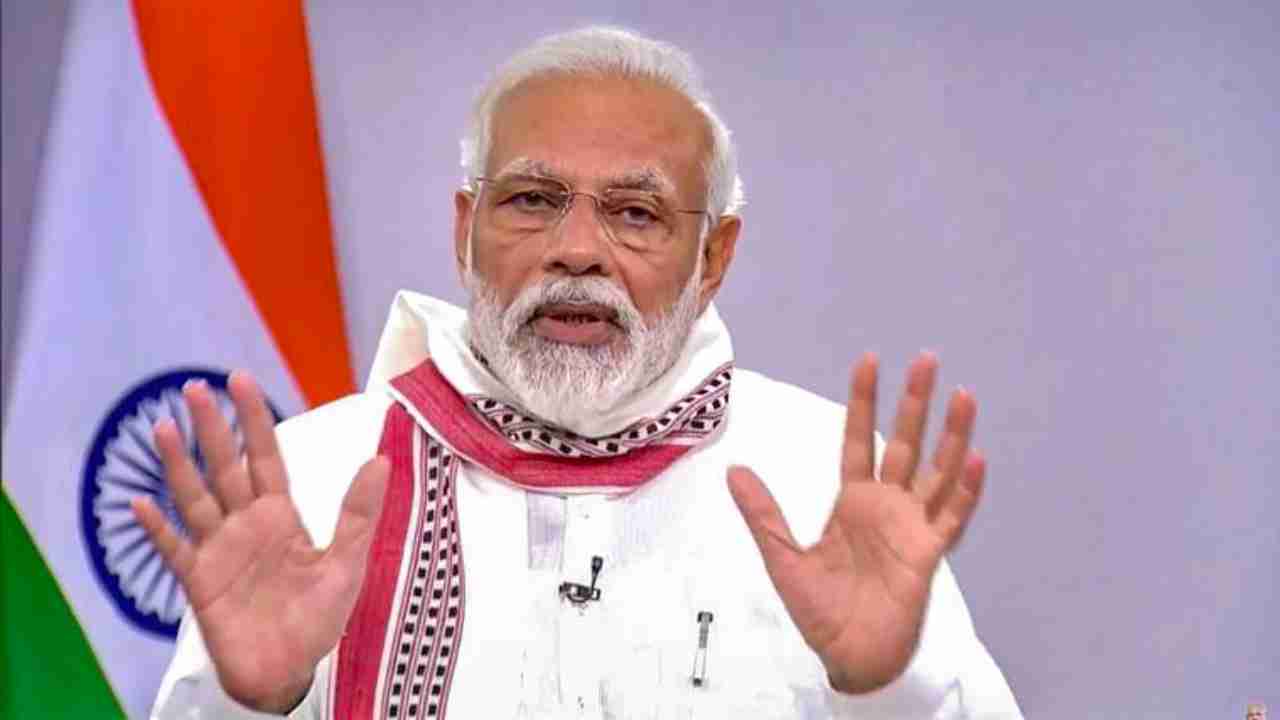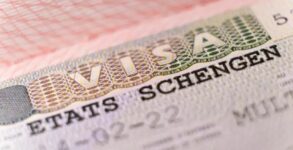Prime Minister Narendra Modi on the 74th Independence Day unfurled the national flag and delivered his seventh consecutive Independence Day speech from the iconic Red Fort on Saturday.
PM Modi announced the launch of the National Digital Health Mission, under which all Indian would get a unique health ID.
Explaining the project, he says: Coronavirus has made us think about being self-reliant with regard to health as well.
When the pandemic hit, we could only do 300 tests a day in the one lab we had. Now we can test nearly 7 lakh cases a day. We are launching a big programme on health today: National Digital Health Mission. This will revolutionise our health systems. Every Indian will be given a health ID which will contain all your information. What disease you suffer from , which doctor has been consulted, what medicines you are on will all be included in your health ID.
It is said that all of this will be accessible through an app or a website, but “ownership” of these health records will remain with the individual. Only when a person grants access, will a doctor or any other individual be able to see these records, that too for a limited period.
The database is part of the new facilities being brought in under the National Digital Health Mission (NDHM), taking off from the National Digital Health Blueprint that the Ministry of Health and Family Welfare released in January this year.
With Covid-19 happening soon afterwards, everything else became a blur, but work has been on in full swing for the last few weeks with almost daily meetings between the NHA and the health ministry to review the status.
“The purpose of the NDHM is to create a digital health ecosystem and we are looking at rolling this out as soon as possible. Even in large hospitals, the digital part only comes in at the stage of billing. For the doctors who do the actual consultations or treatment, the use of a digital platform is minimal. That is what we are trying to change by creating a digital ecosystem with four distinct pillars,” explained a government official to The Print.
Here is a brief about how the four pillars of National Health Mission is going to look:
Pillar 1: Health ID
Every individual will be assigned a unique health ID with the option of linking it with Aadhaar if they so desire. It will be similar to the registration number that many big hospital chains assign to a patient when they come for their first consultation. This ID will be applicable across states, hospitals, pathological laboratories, pharmacies, etc.
“It is completely voluntary; only an individual who wants to have the ID can do so, but when such an ID is created, all health data generated will automatically be stored in the government community cloud to ensure its safety.
“It will be a little bit like the digilocker where all your documents can be stored in electronic format, only in this case it is health records. We could not use Aadhaar because the regulations clearly say that it cannot be used as an identifier for government programmes,” the official explained.
The only situation where linking of Aadhaar will be mandatory is when the person wants to avail benefits under any cash transfer schemes.
Pillar 2: Digidoctor
The platform will assign a unique identifier to every doctor. This will be different from the registration number that has been assigned by the state medical council where one practises. A digital signature will be assigned to them for writing prescriptions.
In India, digital signatures usually come for a fee. However, neither the user nor the doctor will need to pay a fee for this service. There are also plans to integrate the registration process of doctors, which are different in different states, into this same ecosystem to make the process simpler and also to avoid unnecessary duplication of procedures.
At a later date, when the first phase of the mission has been rolled out, the NDHM will also have components of telemedicine and e-pharmacy.
Pillar 3: Health Facility Identifier
Like doctors and patients, every health facility, down to a primary health centre, will be assigned a unique electronic identifier. This would have a two fold function — it will ensure that all health facilities are unerringly mapped, and will also be the identifier that the facility can use for all its clearances and audits.
“Right now, opening a hospital in India is a complicated process with clearances and registrations required from several different agencies with very diverse requirements. We are looking at bringing all of that under one umbrella eventually,” the official explained.
Pillar 4: Personal Health Records
The data given the health record will hold the person’s entire medical history, from birth to immunisation details, surgeries, laboratory tests etc. This will be linked to the individual’s health ID.
“There is a reason we are calling it personal health records and not electronic health records. Because the most important feature is that the ownership of the data is with the individual,” the official said.
“There is something called a consent manager. Even if a doctor wants to see some reports, the person will get a message asking if access can be given to the doctor and for what length of time. That is the big difference. Without the consent of the holder, even the government cannot access his/her data.”
Independence Day 2020: Top 5 Bollywood patriotic tracks to celebrate freedom and make you proud

















